Straddling Europe and Asia, and extending into the Bosphorus Strait, the city of Istanbul, Turkey, boasts 700 years of rich Jewish history. Chaya Chitrik, who will be this year’s keynote speaker at the International Conference of Chabad-Lubavitch Woman Emissaries, says it’s been an honor and quite the positive learning experience to serve the Jewish community there along with her husband, Rabbi Mendy Chitrik, and their eight children.
Taking a break between the online sessions of this year’s international convention, Chitrik tells Chabad.org how as a newly married couple, she and her husband traveled to Istanbul in the hope of further enriching the long-established Jewish community there. Leaving behind her siblings and her parents in Florida wasn’t easy. But young and inspired, they set out to learn a completely new language and to adapt to a foreign culture. Chitrik says that the culture of the Sephardic Jewish community was strikingly different from what she was used to at home.
The Chitrik home in Istanbul has always maintained an open-door policy—one where local residents and tourists are welcome to stop by for a chat, attend a Torah class or participate in a delicious and uplifting Shabbat meal.
“We work together with the existing Jewish community in Istanbul, which has been around for hundreds of years,” she says.
Their Chabad House, Beit Chabad, which operates out of their home, has always been a hub for holiday events, Torah classes and Shabbat meals. Since the coronavirus pandemic began, most programming and weekly classes have gone virtual. Chitrik says it’s been tough to not be able to have physical interactions with members of their community, but they’ve been connecting in other ways.
Due to the pandemic, Istanbul is under a strict daily curfew with movement severely limited for seniors and children. On weekends, residents are barred from leaving their homes from 9 p.m. on Friday until 5 a.m. on Monday. This obviously poses a challenge for their large family, which has been spending lots of quality bonding time together in close quarters.
Chitrik says she always knew she wanted to be a shluchah (woman emissary). She feels that her idealism mirrors the idealistic outlook that most young Chabad men and women possess: “I think that everyone that goes through the Chabad schooling system has an idea in their mind that they’re going to be part of some form of shlichus. There’s a fervent desire to give back and reach out to fellow Jews in one way or another. Did I think I would end up in a country five thousand miles away from home? No, I did not.”
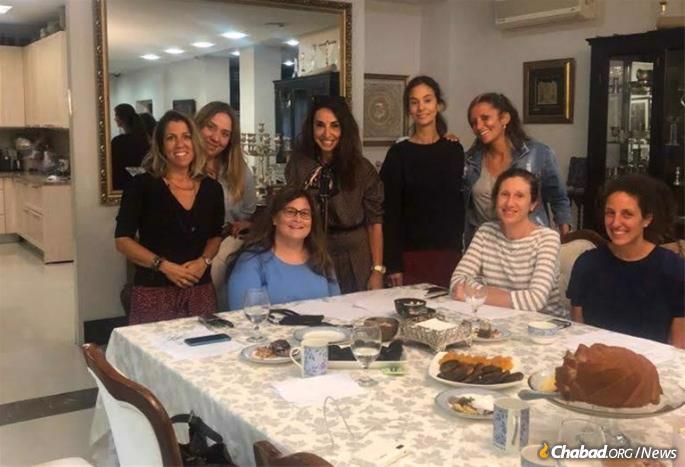
In line with the theme of this year’s Kinus, Lechatchila Ariber (“jump over from the outset”), the Chassidic concept of powering through challenge and adversity despite all odds, she hopes to impart a message of hope and courage. As she emphasizes: “We’re not always in control of the situations that happen to us, but we are very much in control of our response to them. There is always a way forward.”
She says that as Jews, the response should always be to forge ahead and to look for the underlying positivity in all situations “because there’s always positivity to be found.”
This year’s Grand Event, including the keynote speech, is being broadcast worldwide and can be viewed here.
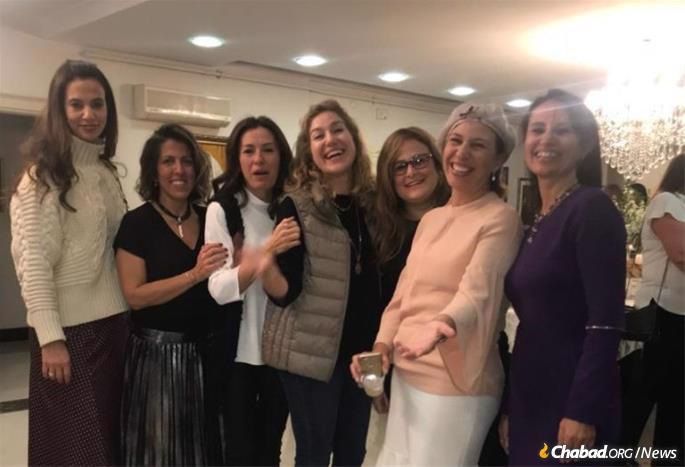
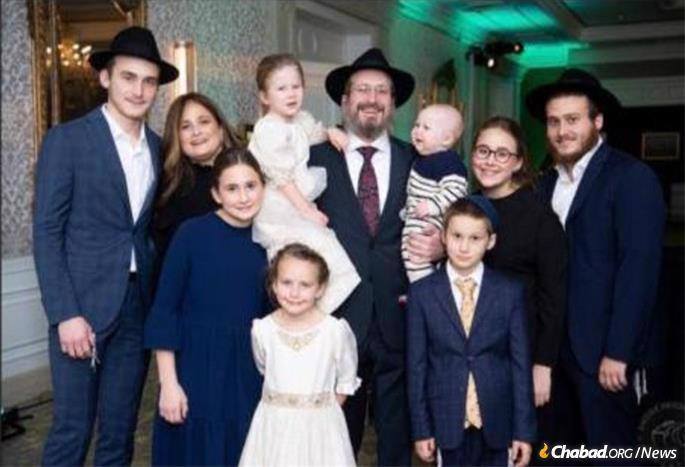
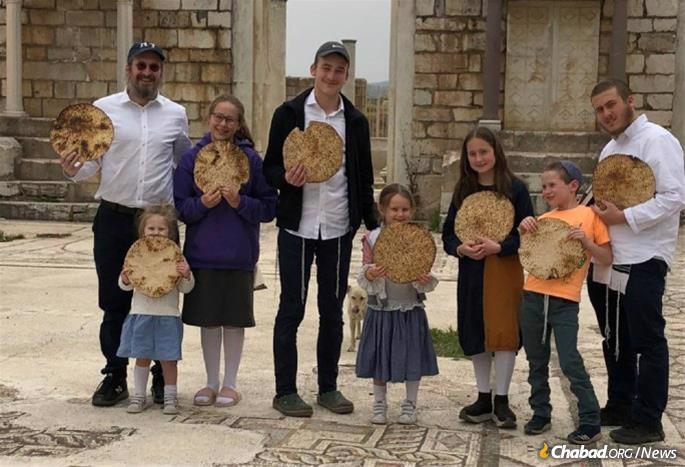

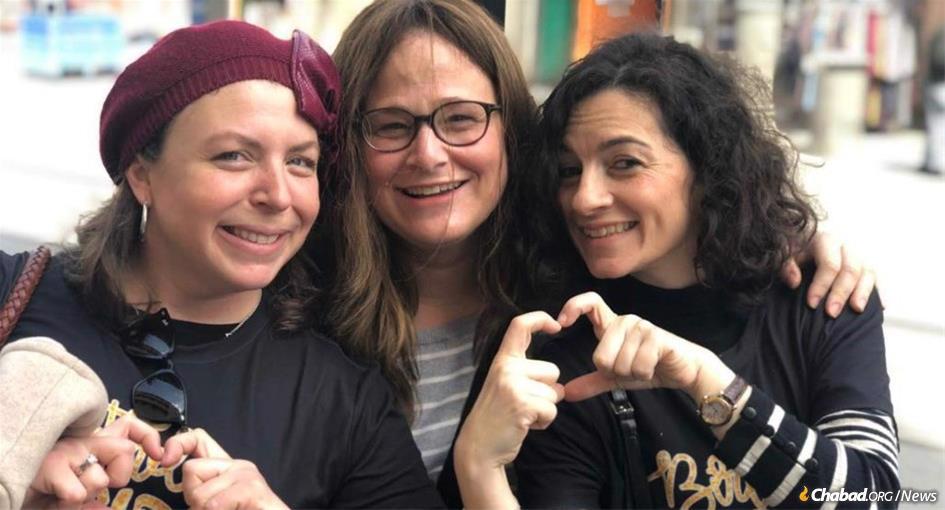




Join the Discussion